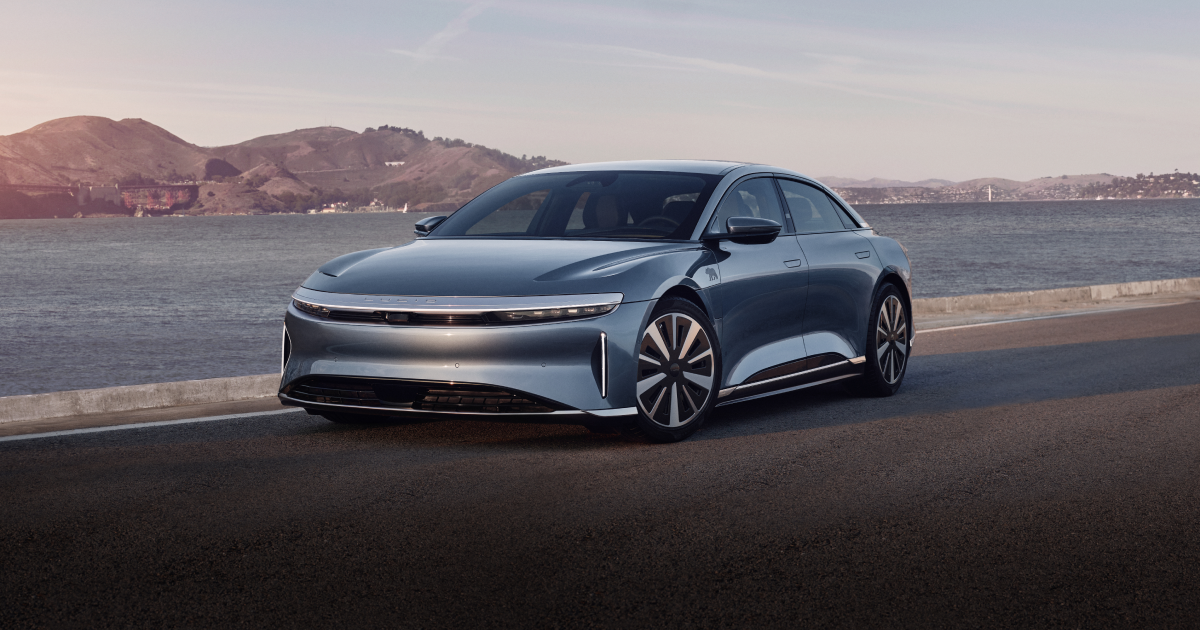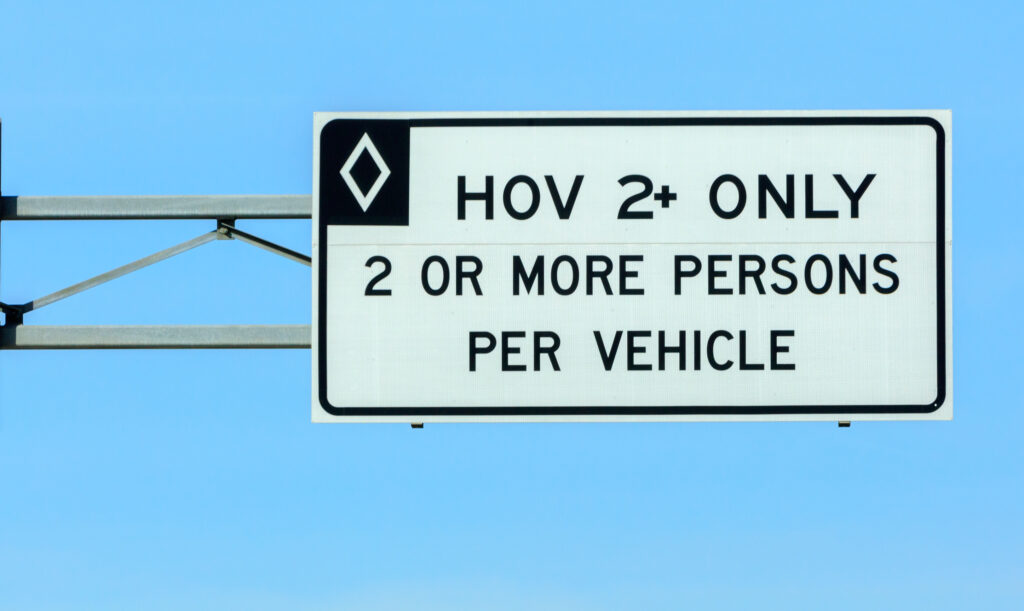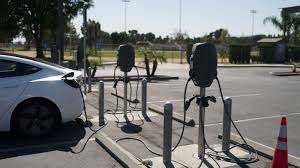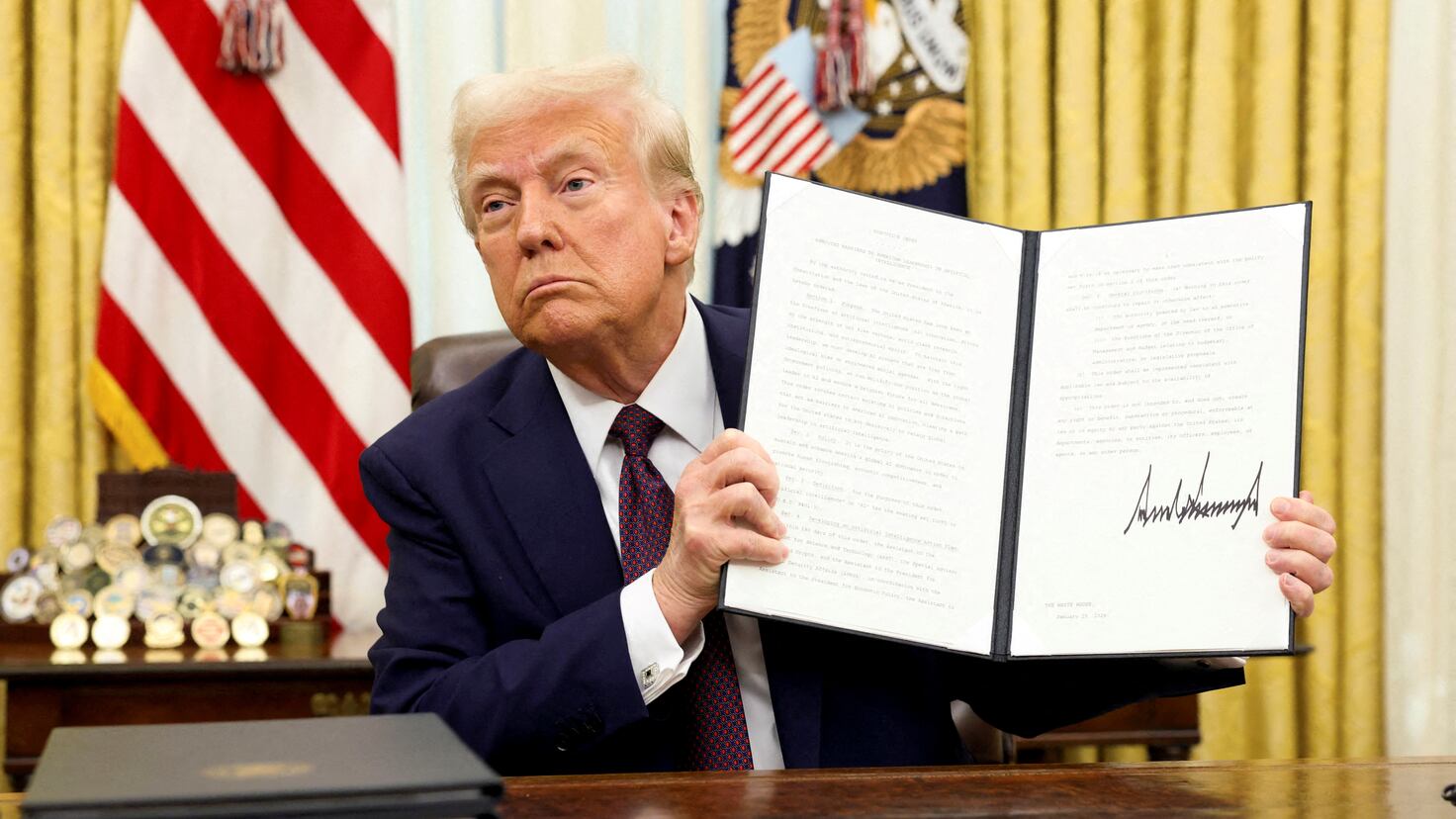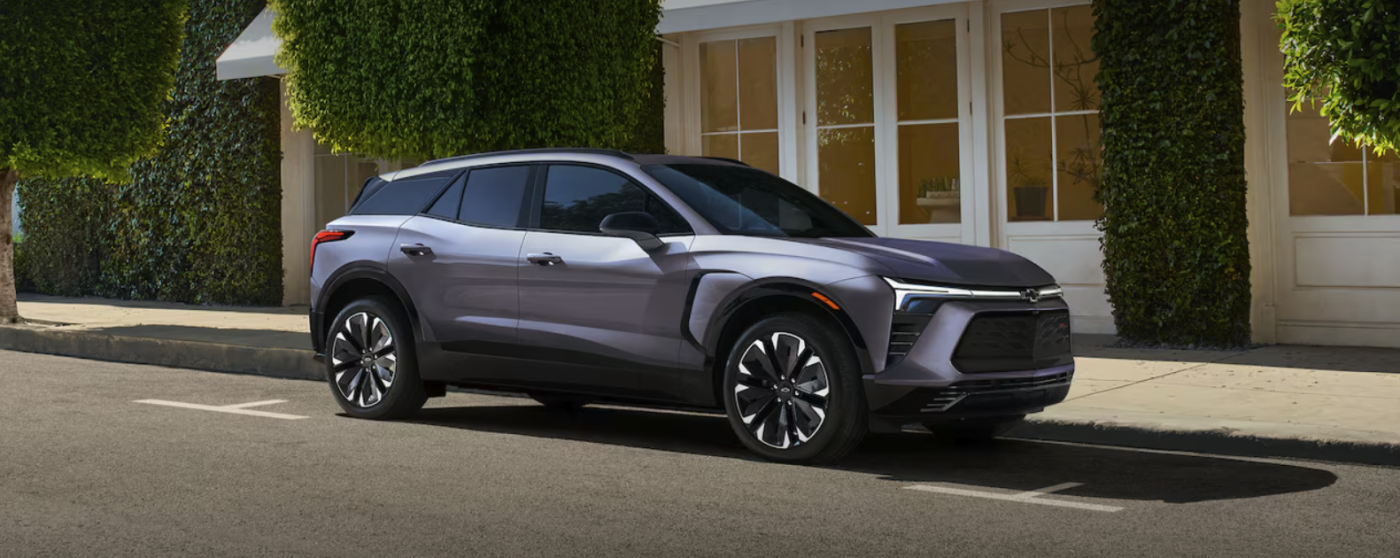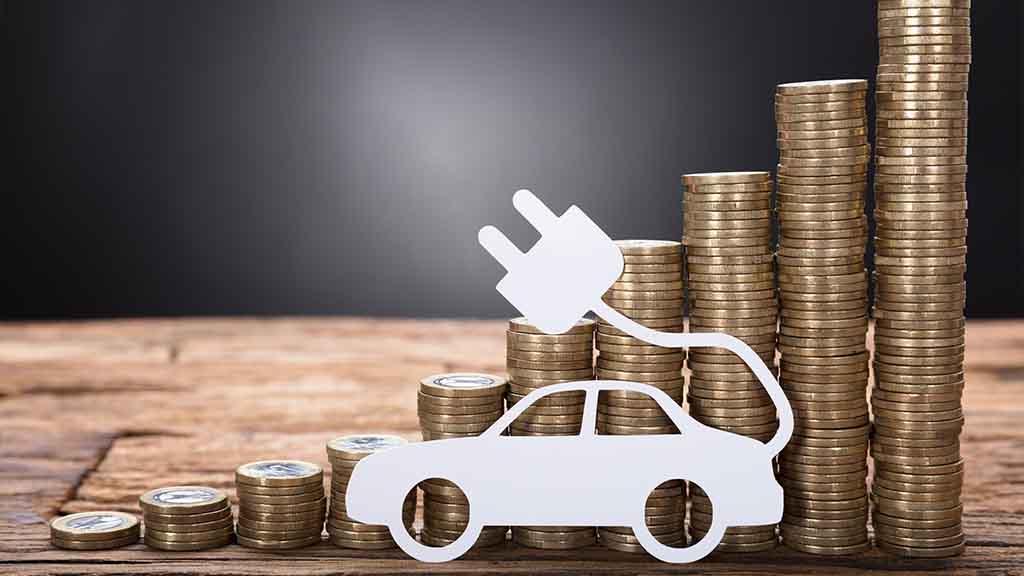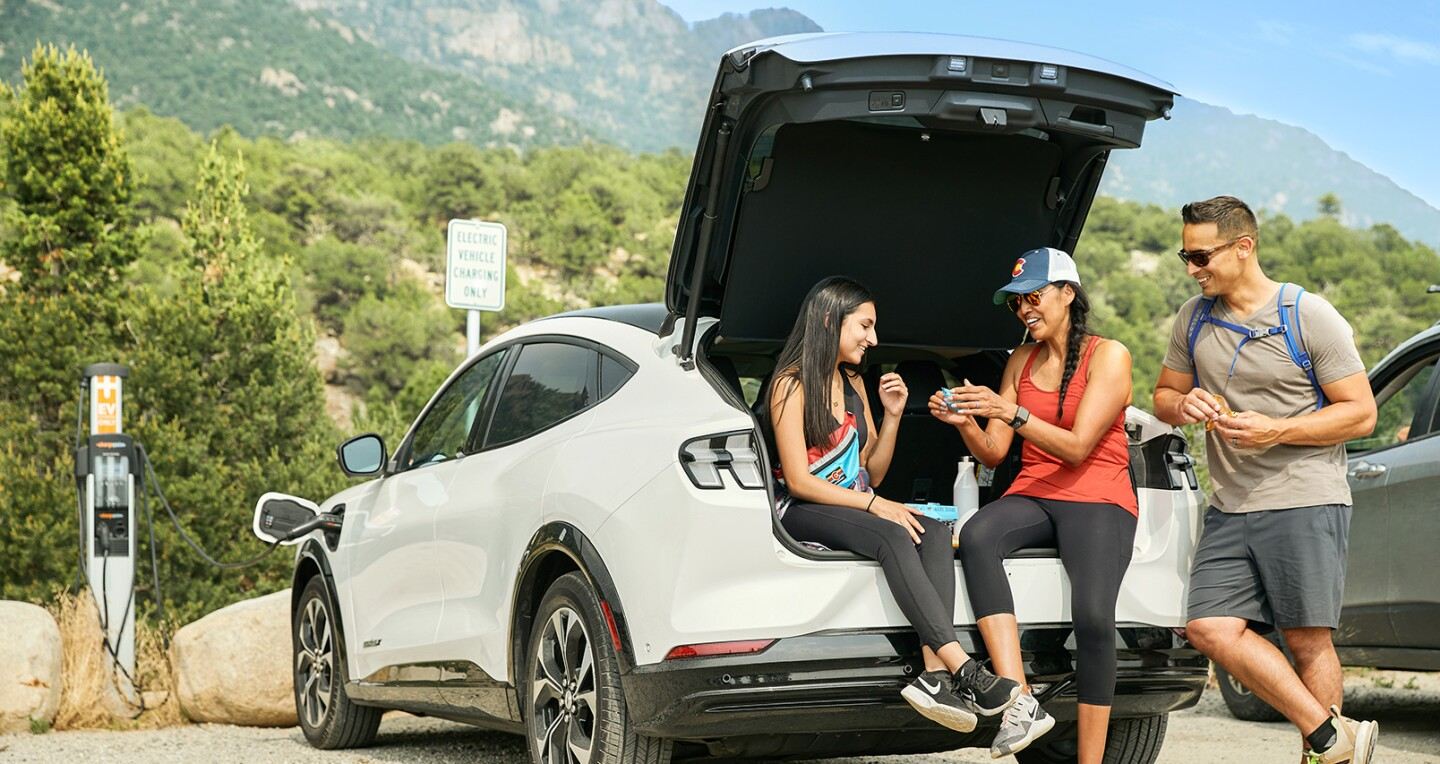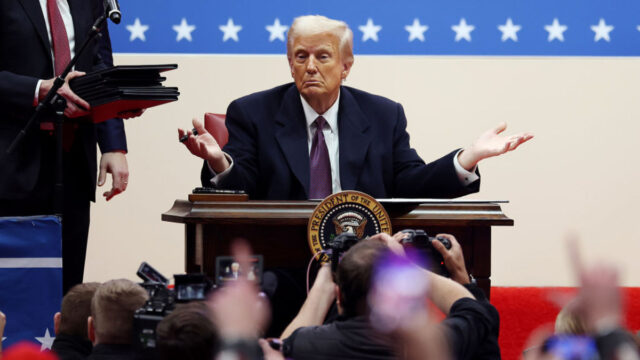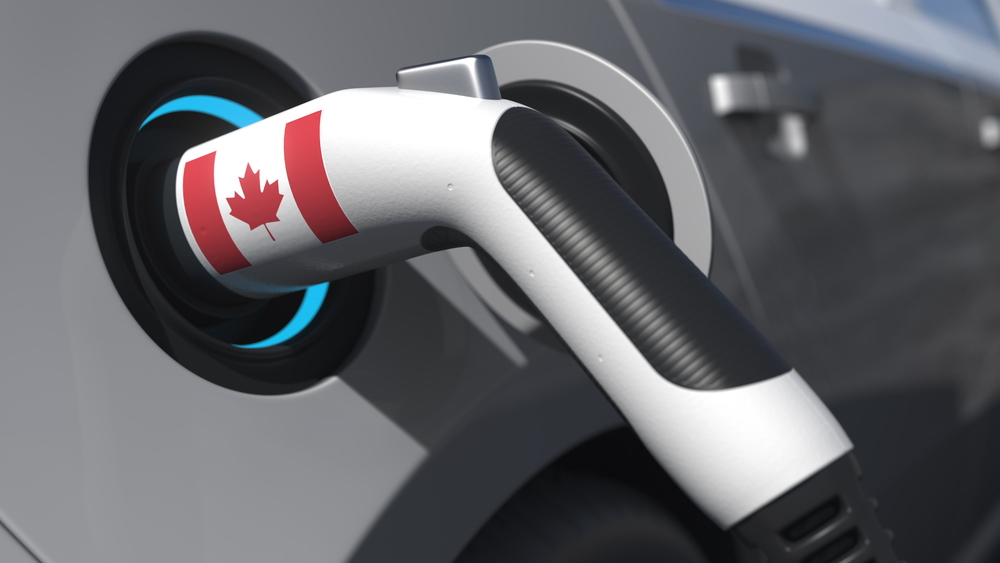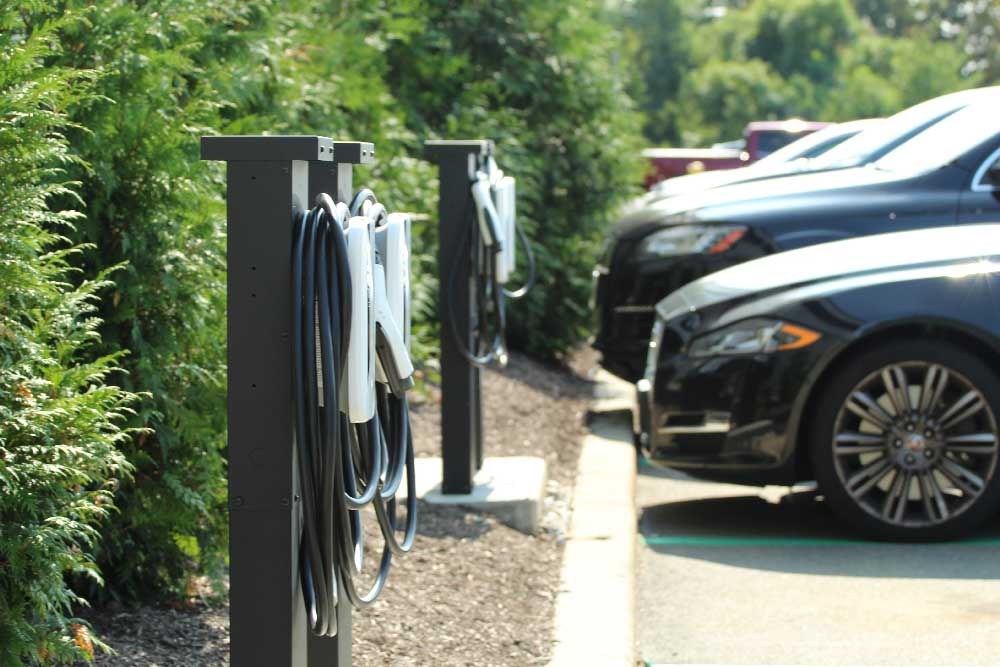Nachricht
- Alle
- Autonomous Vehicles
- Battery Tech
- BMW
- Buying Guide
- BYD
- Charging
- Chevrolet
- China
- Climate
- Design
- Elon Musk
- Ford
- General Motors
- Honda
- Hyundai
- Industry Outlook
- Kia
- Lucid Motors
- Mazda
- Model Comparisons
- Monthly EV Lease Deals
- Monthly EV Recommendation
- Polestar
- Policies & Incentives
- Porsche
- Pricing
- RIVIAN
- Sales
- Slate Truck
- Subaru
- Tesla
- Toyota
- User Guide
- Volkswagen
- Volvo
- Xpeng
- Zeekr
Das kalifornische HOV-Aufkleberprogramm endet am 30. September 2025. Eine 60-tägige Schonfrist (1. Oktober bis 30. November) ermöglicht es alleinfahrenden Elektroautofahrern jedoch, Strafzettel zu vermeiden. Die DMV hat am 29. August neue Apps eingestellt, und die Behörden des Bundesstaates prüfen trotz der Ablehnung durch die Bundesregierung Möglichkeiten, den Zugang zu Fahrgemeinschaftsspuren wiederherzustellen.
Das 55 Millionen Dollar teure Schnellladeprojekt in Kalifornien deckt bis zu 100 % der Kosten für Gleichstrom-Schnellladegeräte. Mit Schwerpunkt auf Stammesgebieten, benachteiligten Gebieten und Gebieten mit niedrigem Einkommen zielt es darauf ab, den Ladezugang im gesamten Bundesstaat zu erweitern und die Umstellung auf emissionsfreie Fahrzeuge zu beschleunigen.
Eine vorgeschlagene bundesweite Pauschalsteuer würde Besitzern von Elektrofahrzeugen jährlich 250 US-Dollar und Besitzern von Hybridfahrzeugen 100 US-Dollar berechnen – unabhängig von der Nutzung. Diese regressive Politik führt dazu, dass Fahrer von Elektrofahrzeugen mehr als dreimal mehr zahlen als durchschnittliche Benzinfahrer, was insbesondere Wenigfahrer und Senioren hart trifft. Experten fordern eine faire, kilometerbasierte Reform, anstatt umweltfreundliche Verkehrsmittel zu benachteiligen.
Die 250-Dollar-Elektroautosteuer: Ein strafender Rückschritt ohne rechtlichen Präzedenzfall
Eine vorgeschlagene bundesweite Steuer von 250 US-Dollar auf den Besitz von Elektrofahrzeugen wird als regressiv und historisch beispiellos kritisiert. Anders als Benzinsteuern, die sich an den Verbrauch anpassen, bestraft diese Pauschalgebühr selbst Elektroautofahrer mit geringer Fahrleistung und erhöht die bestehenden Kosten auf Landesebene. Experten argumentieren, sie behindert die Einführung sauberer Fahrzeuge und löst nicht das eigentliche Problem: die veraltete Benzinsteuer des Bundes. Ein gerechterer Ansatz würde die Straßengebühren an die Nutzung und nicht an den Besitz knüpfen.
Das Weiße Haus hat das Verkehrsministerium angewiesen, ein Urteil des GAO zu ignorieren, das die vorherige Zurückhaltung von NEVI-Geldern für Elektrofahrzeuge für rechtswidrig erklärte. In einem Schreiben des OMB verteidigten Beamte die Rechtmäßigkeit der Finanzierungspause des Verkehrsministeriums und kritisierten die Auslegung des GAO. Dieser Konflikt verdeutlicht die anhaltenden Spannungen um die Exekutivgewalt in der Klimainfrastrukturpolitik.
Umstellung auf Elektromobilität: Kanadas Förderprogramme für Elektrofahrzeuge
Ein umfassender Leitfaden zu den Rabatten und Ladeanreizen für Elektrofahrzeuge in New Jersey
New Jersey bietet umfassende Unterstützung für Elektrofahrzeuge durch Rabatte, Anreize für Ladestationen und Gutschriften für Ladezeiten außerhalb der Spitzenzeiten. Obwohl der Charge-Up-Rabatt vorübergehend ausgesetzt ist, können Einwohner weiterhin bis zu 1.500 US-Dollar für die Installation von Ladestationen, Gutschriften für die TOU-Tarife und einen staatlichen Rabatt von 250 US-Dollar auf Heimladegeräte sparen. Diese Programme tragen dazu bei, die Kosten für den Besitz und das Laden von Elektrofahrzeugen im gesamten Bundesstaat zu senken.




